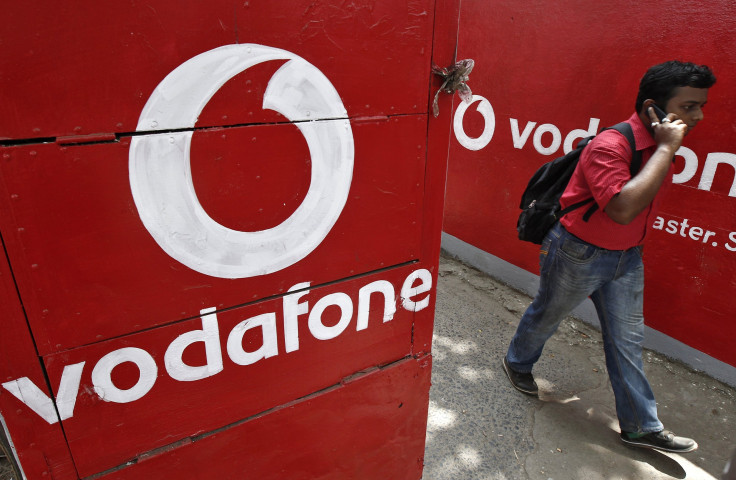India Will Not Pursue Tax Case Against Vodafone

NEW DELHI -- The Indian government on Wednesday said that it has decided to no longer to pursue a protracted tax dispute with British telecom company Vodafone Group Plc. At the end of a cabinet meeting chaired by Prime Minister Narendra Modi, Indian telecom minister Ravi Shankar Prasad said, "The cabinet has decided not to appeal in the Supreme Court against the Bombay High Court order of October 2014. We examined the order, discussed it with [the attorney general] ... and found that the Bombay High Court order [which ruled in favor of Vodafone] was correct. There was no charging section in chapter 10, and hence the tax cannot be levied."
In January 2014, India’s tax authorities asked Vodafone India Services Pvt. Ltd., the company’s local arm, to pay 32 billion Indian rupees, or nearly $500 million, for allegedly underpricing shares that it had issued to its parent company in 2009-10.
While Wednesday’s decision is a reprieve for Vodafone, it could also spell good news for Indian subsidiaries of other foreign multinationals such as Leighton India Contractors Pvt. Ltd. and Shell India Markets Pvt. Ltd., both of which have similar transfer-pricing-related tax disputes that are pending.
Transfer pricing refers to pricing among company divisions operating out of different countries. Typically, it is the price at which divisions of a company transact with each other.
In fact, soon after ruling on the Vodafone case, the Bombay High Court also ruled in favor of Shell India and Leighton India. It is unclear, however, whether the government will continue to pursue these cases.
To be sure, more than 20 other companies, including several Indian multinationals such as the Essar Group, Bharti Airtel Limited, Havells India Limited and Patel Engineering Limited, are fighting similar tax disputes with India’s income tax department. Other foreign companies mired in similar disputes include AT&T, Nokia, General Electric and HSBC Securities.
India's foreign investors have been pressing the government to resolve such disputes, claiming that they have a negative impact on investor sentiment. In May 2014, Narendra Modi and his Bharatiya Janata Party colleagues won a landslide election victory on a pro-reform and pro-business agenda, ousting the Congress-led regime that had been in power since 2004.
In fact, during the U.S. President Barack Obama's recent visit to India, Modi made a strong pitch for attracting big-ticket investments from U.S. companies into India, saying that his office will monitor the progress of all big investment proposals in the infrastructure sector.
Ever since he took office Modi has advocated for attracting foreign investment, even wooing wealthy Indian expats to invest in their country of origin. In December, India announced it had cleared (via an executive order) a proposal to allow 49 percent direct foreign investment in domestic insurance companies. The following week, the Indian government announced the first steps aimed at reforming its health care and banking sectors, even as it slashed health care budgets because of fiscal woes.
Modi also dismantled the Planning Commission, an institution set up in 1950 as part of a planned economic development model, and replaced it with a new think tank to be headed by Columbia University-trained economist Arvind Panagariya.
In Wednesday’s cabinet meeting, the government reportedly also set a base price of 30 billion Indian rupees (nearly $500 million) for each megahertz of the nationwide telecom spectrum in the upcoming auction for the 2,100 MHz band. The government had said in January that it expects to raise more than 600 billion rupees ($10 billion) via the telecom spectrum sale.
In another important decision, the government said that it will sell a 10 percent stake of state-owned Coal India Limited on Friday, which should raise around $4 billion. The government also hopes to raise around $2.5 billion from selling a 5 percent stake of state-owned Oil & Natural Gas Corporation Limited.
Last week the government invited bids for a 10 percent stake in state-owned miner NMDC Limited. The government also plans to sell 5 percent stakes each of Power Finance Corporation Limited, Dredging Corporation of India Limited and Bharat Heavy Electricals Limited, Reuters reported.
The government hopes that the spectrum sale and the sale of Coal India shares will offset its growing fiscal deficit that has been tough to control.
© Copyright IBTimes 2024. All rights reserved.





















